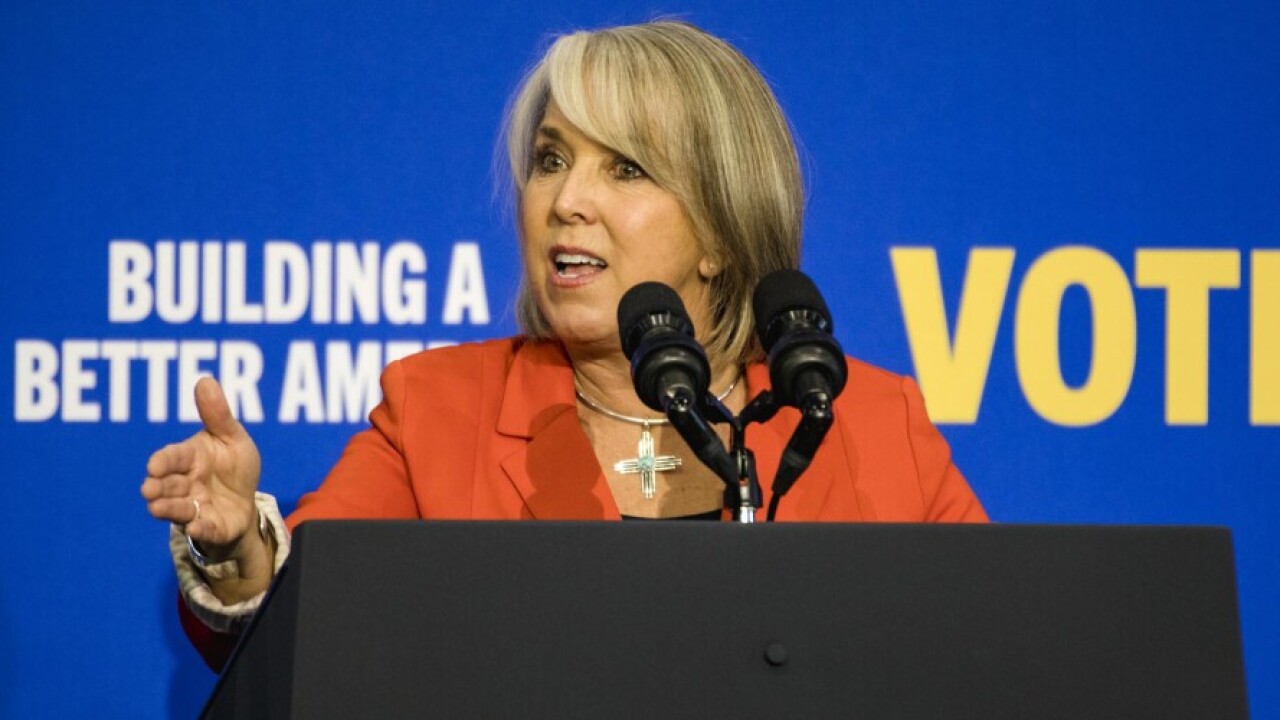Low rates play an "important role" in supporting economic recovery, but the current monetary policy stance is "overly accommodative" and the Fed must be patient about achieving long-term goals, Federal Reserve Bank of Kansas City President and Chief Executive Officer Esther L. George said Thursday.
"Our limited understanding of the possible effects of unconventional policy tools causes me to give more weight to their risks and eventual consequences," she told a gathering at Redlands Community College in Oklahoma, according to prepared text released by the Fed.
George assured that he plan is not "to prematurely withdraw support," but rather to "transition from a crisis-type policy stance of aggressive easing to one of accommodation that allows markets, households and businesses to begin to normalize their expectations for interest rates."
"To be clear, I support an accommodative stance of monetary policy while the economy recovers and unemployment remains high," she said. "But I view the current policies as overly accommodative, causing distortions and posing risks to financial stability and long-term inflation expectations with the potential to compromise future growth. As the Fed's balance sheet continues to expand, the risks and costs increase in my view."
Additionally, she warned against underestimating "the risk of an extended period of zero interest rates and the accompanying incentives that may lead to future financial imbalances." Imbalances would disrupt the economy and could lead to labor market recovery setbacks.
"I am concerned that monetary policy at its current settings is overly accommodative relative to the long and variable lags with which it operates," she said. "Central banks must focus on achieving sustainable growth in the long run and be patient in pursuing its longer-run goals. Attempting to speed up the recovery process creates risks that, if realized, could lead the economy down a more difficult road back to full employment and price stability."
GDP should grow 2% this year, with a modest decline in the unemployment rate, George predicted. "Uncertainty about fiscal policy and recurring fiscal deadlines, as well as the regulatory environment, is likely to continue the cautious attitude by businesses toward expanding capacity," she said.
The long period of zero interest rates creates incentive to take risks, she said. "Typically, central bank actions to lower interest rates in response to a recession and boost aggregate demand are reversed relatively quickly, and rates return to more normal levels. In contrast, following this recession, zero interest rates have been in place for more than four years, combined with large-scale asset purchases and a communications program signaling an extended period of low rates. As a result, the yield curve has flattened, and 10-year rates have remained historically low.
"Faced with this unprecedented rate environment, individual and institutional savers, smaller banks, insurance companies and pension funds are challenged to revamp their portfolios and products. Individuals and institutions are placing more emphasis on strategies that entail substantially greater risk as they move away from traditional investment-grade products towards riskier lending, non-investment-grade products or equities," she said.
George warned that some sectors of the economy (she mentioned farmland values, high-yield bonds and leveraged loans) are overheating and "some" believe regulators will address the threat. "However, as we learned from this most recent crisis, emerging risks can be hard to judge and it can be even harder to determine what action should be taken ahead of any obvious or near-term threat."
Also, risks can be taken outside regulated sectors. "For these reasons, asking bank regulators and supervisors, or the newly-tasked monitors of financial stability, to single-handedly identify and contain the risks introduced by a highly accommodative monetary policy is not realistic."
Thresholds for inflation and unemployment also trouble George, as the FOMC shows "some tolerance for having the inflation outlook exceed 2 percent. A willingness to let inflation rise above its long-term goal carries the risk that longer term inflation expectations rise above the Committee's 2 percent goal, as well. The current pace and composition of asset purchases also could put the stability of inflation expectations at risk, if markets perceive that the size of the Fed's balance sheet could complicate the return to a more neutral monetary policy stance."
Despite it being "likely…. well into the future," the Fed's exit strategy "will need to be carefully executed to minimize market disruptions that could cause longer-term interest rates to suddenly rise," George said.





